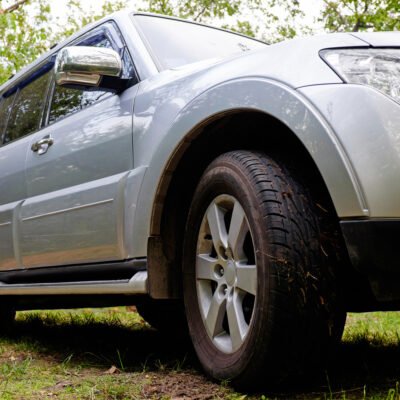
Early Symptoms of Rheumatoid Arthritis
Rheumatoid arthritis is an autoimmune disorder that affects the joints in the body. Chronic inflammation of the joints is characteristic of rheumatoid arthritis. The inflammation and stiffness of joints is experienced mainly in the knees, fingers, hands, and feet. In some cases, rheumatoid arthritis is referred to as rheumatoid disease because it can affect the organs of the body.
Rheumatoid arthritis treatment focuses on stopping inflammation and relieving symptoms. Early and aggressive treatment is required to stop the inflammation as quickly as possible. Additional rheumatoid arthritis treatment is aimed at preventing further damage of joints and organs and preventing long-term complications.
1. Signs and symptoms of rheumatoid arthritis
The symptoms of rheumatoid arthritis occur as periods of flare-ups and remission. Flare-ups are when the symptoms are pronounced, while remission is when they are less noticeable. Here are the early symptoms of rheumatoid arthritis:
2. Fatigue
One may feel unusually tired for days or weeks together. Fatigue is accompanied by a general feeling of illness or depression for some people.
3. Morning stiffness
This is an early sign of rheumatoid arthritis. One may feel stiffness and pain in the joints while waking up. Stiffness that lasts for a few minutes may worsen without prompt rheumatoid arthritis treatment. Stiffness may also be experienced after long periods of inactivity like napping or sitting.
4. Joint stiffness
Tenderness and stiffness of joints is a common symptom of rheumatoid arthritis. This stiffness may occur during movement or rest. Common joints that are affected by stiffness are fingers, wrists, and knees.
5. Minor swelling at the joints
Mild inflammation or swelling at the joints is an early sign of rheumatoid arthritis. Inflammation is often accompanied by the warmth of the joints. The flare-ups may last anything between days to weeks.
6. Fever
A low-grade fever that develops with inflammation of the joints is a symptom of rheumatoid arthritis. Fever higher than 100°F most probably is due to other infection in the body.
7. Tingling and numbness
When tendons are inflamed, pressure builds upon the nerves. This pressure may cause numbness or tingling at the joints. For some, there is a crackling squeaking noise during movement.
8. Restricted movement
Inflammation of the tendons and ligaments may affect the range of motion. When rheumatoid arthritis is not promptly treated, bending or straightening of joints may become very difficult and painful.
9. Rheumatoid arthritis treatment
Early and aggressive rheumatoid arthritis treatment is required to stop the progression of the disease. The first aim of treatment is to stop the inflammation of the joints. The second step is to target the remission. Doctors will try to achieve remission from symptoms through rheumatoid arthritis treatments. The final step of treatment is to have the disease under control. There are several medications available for rheumatoid arthritis treatment. Each medication is given for easing the symptoms or slowing the disease. For people with permanent joint damage due to rheumatoid arthritis, surgery may be an option. Home remedies like application of cold packs are also helpful in fighting inflammation and pain. Regular physical exercise ensures mobility of joints.


